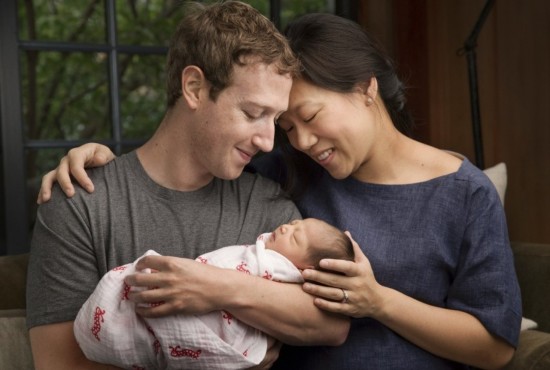 Source: www.washingtonpost.com
Source: www.washingtonpost.com
Sometimes, billionaires just can’t win. The late Steve Jobs engaged in quiet philanthropy, and critics blasted the Apple co-founder for not doing enough. Mark Zuckerberg announced plans this month to give away 99 percent of his Facebook shares, and the same critics challenged his motives.
The grumbling — from people who worry too much about how others spend their money — reflects a flawed view of philanthropy. Here are three reasons critics should give Zuckerberg and Jobs thanks instead of “bah humbugs” this holiday season.
They already gave
Some people view philanthropy as an obligation or form of penance for extracting profits from society. Such thinking assumes that billionaires have taken more than their fair share of limited resources, like bullies who push younger children out of the way so they can hoard candy from a Christmas piñata.
That’s the mindset of cronies who live on government favors. Productive rich such as Zuckerberg and Jobs think differently.
They understand that piñatas don’t just magically appear overhead. When the candy inside is released, they worry less about its distribution, and more about its creation in the first place — so they can figure out how to make more.
This was the mindset of an earlier pioneer, Milton Hershey. He was not like the kid on the ground scooping up piles of chocolate while supplies lasted. He built a factory that continues to fill millions of piñatas and stockings every year.
Zuckerberg and Jobs have filled other gaps. Their companies create social value through a range of core commercial activities, regardless of any philanthropy that might or might not occur later.
They can’t “give back” to society, per se, because they took nothing to begin with. When they engage in philanthropy, they are giving again. The distinction between giving and giving back is important.
They multiply your choices
This does not mean the productive rich do everything on their own. Most are quick to acknowledge the help they receive from partners, investors, family, teachers, mentors and communities. But unlike cronies, the productive rich don’t steal from others or rely on force to accumulate wealth.
When they want other people’s money, they offer goods or services in exchange. When they want other people’s labor, they offer wages. Everything happens through voluntary trade.
If you don’t want what a company offers, you can walk away. Cronies might respond by lobbying the government for subsidies and other advantages, such as regulations that force unwanted transactions or stifle the competition.
The productive rich respond by giving you more choices.
Add Comment